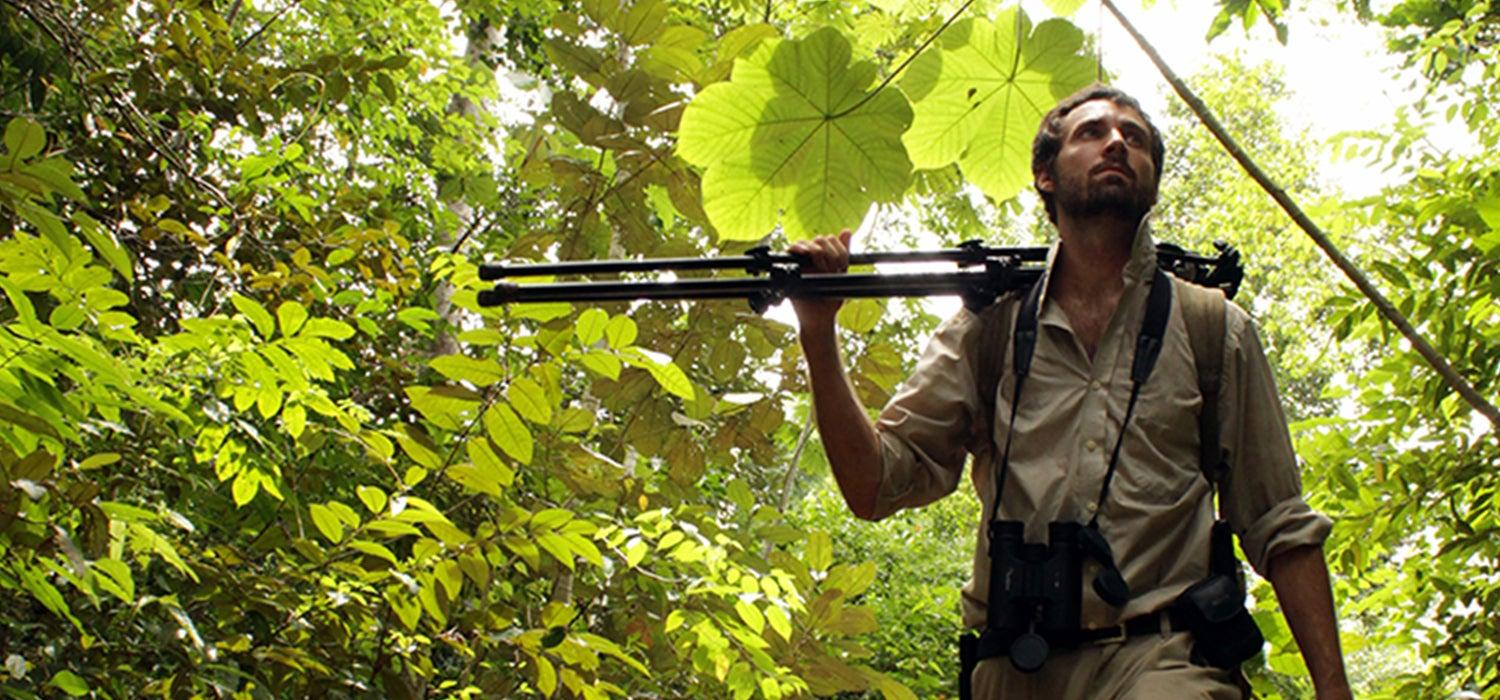
ASU graduate makes national headlines
Peter Marting’s research in animal behavior was featured in the Council of Graduate School’s GradImpact gallery of stories. The CGS GradImpact project tells the larger story of graduate education through featured examples from our member institutions. The goal is to demonstrate the importance of graduate education not only to degree holders, but also to the communities where we live and work.
Studying animal behavior to determine how personality is shaped
Our personalities – characteristics or qualities that form our character – are, in part, what make us unique individuals. Peter Marting, who earned his PhD from the School of Life Sciences at Arizona State University, has discovered that ant colonies have unique personalities, too.
Azteca ant colonies make their homes in Cecropia trees, which provide nutrients to the ants. In exchange, the ants act as security guards – protecting trees from choking vines and leaf-eating insects – but some colonies are better protectors than others. Marting’s research reveals that ant colonies actively displaying more aggressive behaviors protect their trees more from leaf damage than more docile colonies. Why is this important? Marting wants to better understand how the personality of an ant colony can affect its symbiotic relationships and whether there are identifiable factors that determine personality.
Studying animal personalities is a relatively new field and observing animals in the wild can be extremely difficult given the challenges in observing consistent behavior in the same animal. However, the study system Marting uses allows him to revisit the same trees with the same colonies on a regular basis over the course of months and years. Marting takes his research one step further through a marriage with artistic expression. He has created interactive sculptures representing the ants and plants that blink with data collected from real ant colonies.
To learn more about Marting’s work, read the recent article in ASUNow.
More stories from the Graduate Insider

Graduate funding deadlines for Fall

How to feel confident in your next interview
Let’s be honest, interviews can feel nerve-wracking. Your palms sweat, your heart races, and you start to second-guess whether you even remember your own name. But here’s the good news: with a little preparation, you can walk into (or log onto) your next interview feeling calm, collected, and ready to shine.
